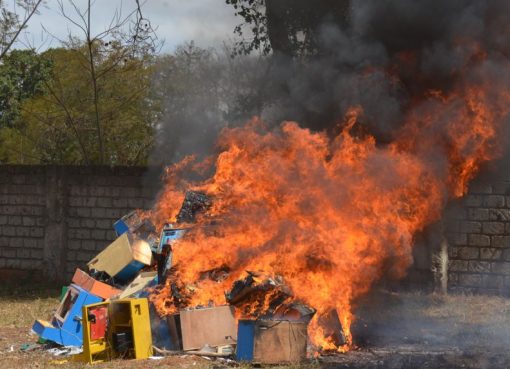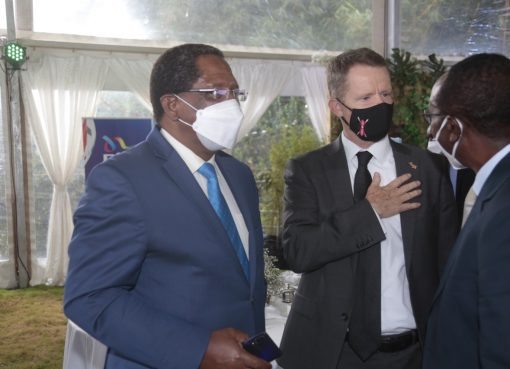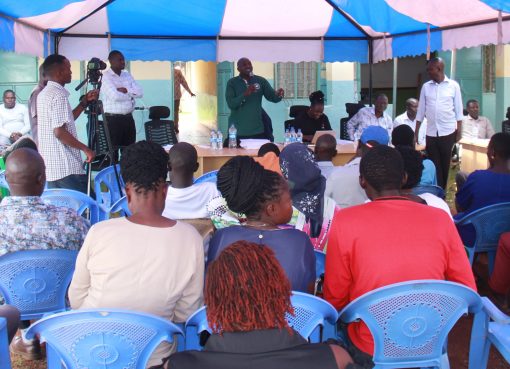The World Health Organization has called on governments to radically accelerate action to make water, sanitation and hygiene (WASH) a reality for all.
This call comes amidst the historic United Nations Water Conference which commenced today, the first in nearly 50 years in a partnership initiative between the World Health Organization (WHO) and the United Nations Children’s Fund (UNICEF).
In a statement sent to newsrooms today, numbers are staggering around the world, with two billion people lacking safe drinking water and 3.6 billion people, almost half the world’s population, use sanitation services that leave human waste untreated.
Millions of children and families do not have adequate WASH services, including soap to wash their hands. The consequences can often be deadly.
Each year at least 1.4 million people – many of them children – die from preventable causes linked to unsafe water and poor sanitation. Right now, for example, cholera is spreading in countries that have not had outbreaks in decades.
According to a WHO report, half of all health care facilities, where proper hygiene practices are especially critical, lack water and soap or alcohol-based hand sanitizing solution.
The social and economic consequences of inadequate water and sanitation services are also devastating. Without these critical services, people fall ill, children miss out on learning- especially girls -and entire communities can be displaced by water scarcity.
At the same time, the benefits of access to safe water and sanitation, for individuals and societies alike, are beyond measure. These services are key to healthy development in children and for sustaining wellbeing as adults.
“They also offer a pathway to broader social and economic progress by supporting community health and productivity,” read the statement in part.
The statement further noted that everyone has the right to safe water, proper sanitation and hygiene, yet so many go without. Collectively, the world needs to at least quadruple the current rates of progress in order to achieve universal access to safely managed WASH services by 2030.
“Progress needs to be even faster in fragile contexts and the poorest countries, to protect people’s health and futures,” it stated in part.
The statement further called on governments to develop a plan for increasing political commitment to safely managed drinking water, sanitation, and hygiene, including outreach to leaders at all levels of government and engaging with civil society groups.
“Develop a strategy for strengthening governance and institutions required to deliver these services, such as by establishing autonomous regulatory agencies that enforce health-based standards and regularly publish findings,” read the statement in part.
By Alice Gworo





